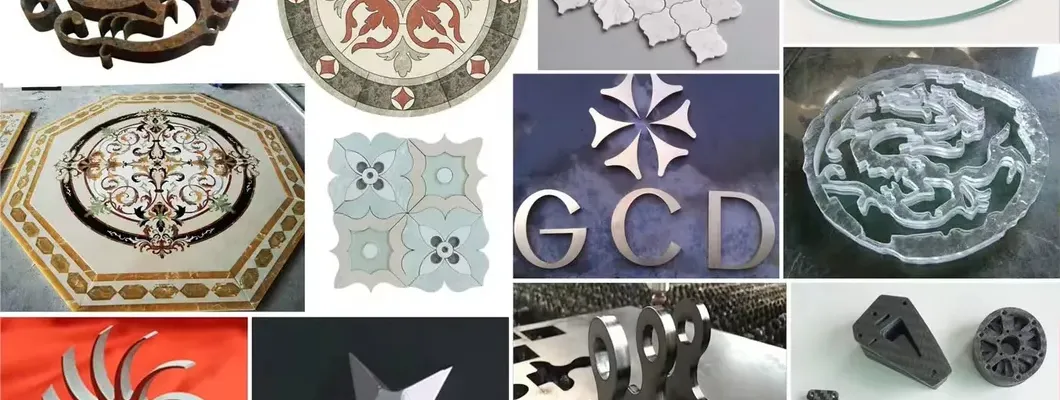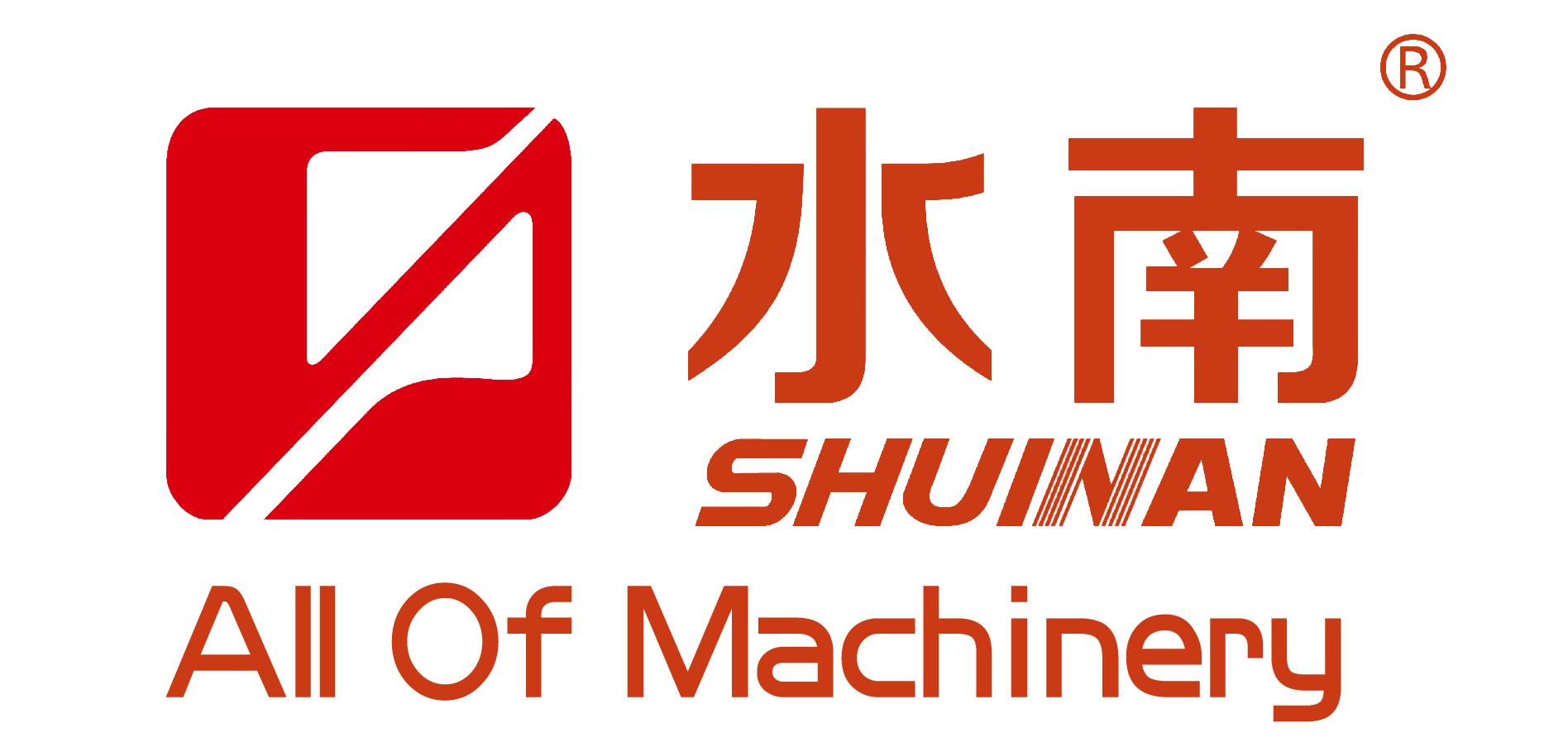
How to Choose the Right Stone Cutting Machinery
In the stone processing industry, selecting the right cutting machinery is crucial to improving production efficiency and product quality. With a wide variety of stone cutting machines available, each with different characteristics and application scenarios, this guide will help you make an informed decision based on factors such as stone type, cutting precision, machine performance, and cost.
1. Understand the Type of Stone
The first step in selecting a cutting machine is understanding the type of stone you need to process. Different stones require different equipment due to variations in hardness, density, and thickness. Common stone types include marble, granite, sandstone, and limestone, each with different hardness and cutting difficulty.
- Marble: Softer and easier to cut, but more fragile. Machines with high cutting precision and smooth cutting surfaces are required.
- Granite: High hardness and difficult to cut, often requiring more powerful machines such as high-speed cutters or laser cutting machines.
- Sandstone and Limestone: Relatively soft and can be cut with standard electric cutting machines, but cutting efficiency should still be considered.
2. Cutting Precision
Cutting precision is a critical factor when selecting a cutting machine. Different stone processing tasks have varying precision requirements, especially for projects that require fine carving and precise stitching. Machines with lower precision may result in rough cut surfaces, leading to additional polishing work later on.
- High Precision Cutters: Suitable for tasks requiring high precision and smooth surfaces, such as marble carving and fine granite cutting.
- Standard Cutters: Suitable for rough cutting and standard tasks, but not ideal for high-precision work.
3. Machine Performance
Machine performance directly affects cutting efficiency and durability. When purchasing a cutting machine, consider the following factors:
- Power: The higher the power, the faster the cutting speed. Higher-powered machines are ideal for large-scale production and cutting harder stones.
- Cutting Speed: Faster cutting speeds can improve production efficiency, especially in mass production scenarios.
- Durability: Stone cutting machines typically run for long hours, so durability is important. Choose machines made from high-quality materials with good heat dissipation and wear resistance.
4. Cost Considerations
Cost is an important factor when selecting a cutting machine. Prices for cutting machines vary widely, so you need to assess your budget, needs, and the cost-effectiveness of the equipment.
- Initial Investment: High-end machines usually offer better cutting capacity and precision but come with a higher initial cost. For smaller stone processing businesses, mid-range machines offer a good balance of price and performance.
- Long-term Costs: In addition to the initial investment, consider the costs of maintenance, energy consumption, and labor. Choosing energy-efficient and easy-to-maintain machines can help reduce long-term operational costs.
5. Machine Adaptability and Features
With the continuous advancement of technology, modern stone cutting machines often come with various features to meet different processing needs. Consider the following features when choosing a machine:
- Automation: Some machines come with automated systems that improve cutting precision, reduce manual labor, and increase efficiency.
- Multi-functionality: Some cutting machines also offer other functions such as polishing and grinding, making them ideal for integrated processing.
- CNC Control: CNC (Computer Numerical Control) machines can automatically cut according to preset programs, making them suitable for complex designs and high-precision requirements.
6. Supplier Selection and After-Sales Service
Finally, when choosing a stone cutting machine, it is crucial to select a reliable supplier. Opt for suppliers with a good reputation and strong after-sales service to ensure support during the machine’s operation.
- After-sales Service: Ensure the supplier provides timely technical support and maintenance services.
- Warranty: Understand the warranty period and terms of service to protect your investment.
Conclusion
Choosing the right stone cutting machinery is key to ensuring efficient processing and high-quality products. When selecting equipment, consider factors such as stone type, cutting precision, machine performance, cost, and additional features. By making an informed decision, you can find the machine that best suits your needs and helps your business increase productivity while lowering costs.
If you have any questions or need assistance in selecting the right cutting machine, feel free to contact us. We provide professional equipment recommendations and consulting services.

Leave a Comment